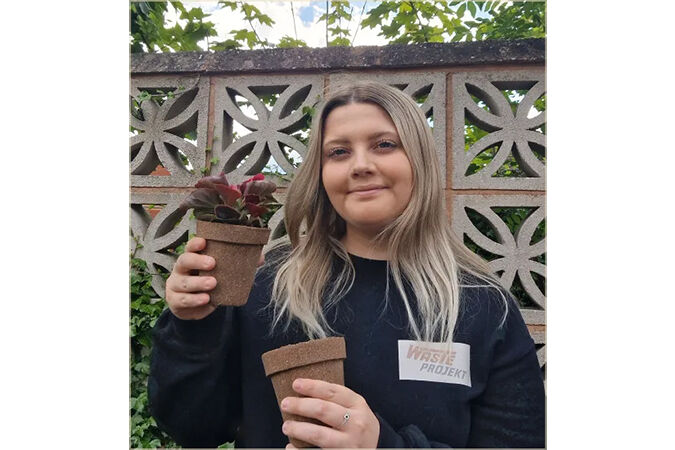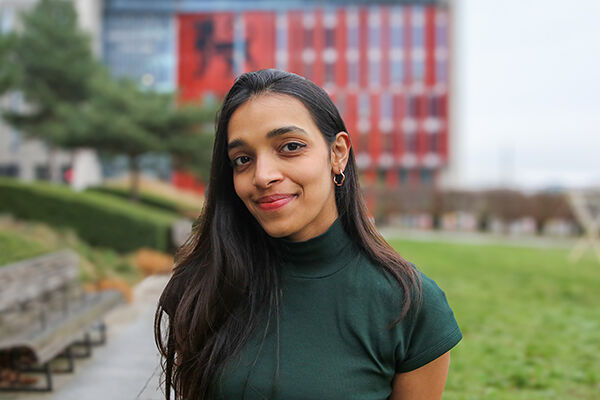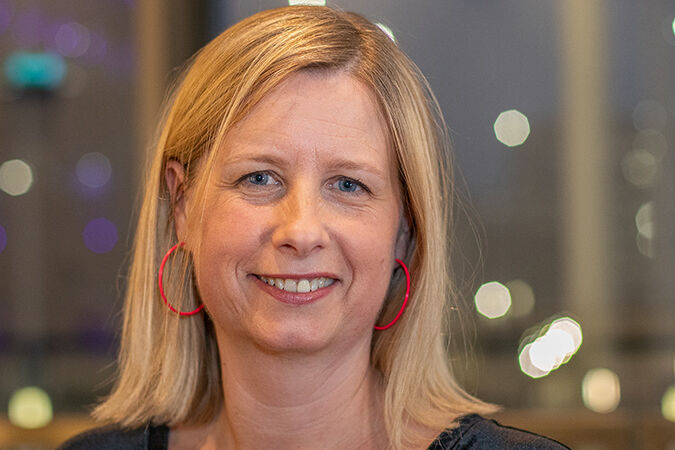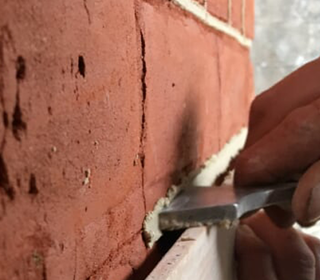
Blog

Imogen Campbell (MA) Conservation of the Historic Environment graduate tells us about her experience at BCU and what she’s been up to since graduating.
Why did you chose to study Conservation of the Historic Environment MA?
This Masters stood out amongst other conservation accredited courses as it involved various hands-on and interactive practical workshops, where the students could see the process of various traditional skills, such as stonemasonry and bricklaying.
What attracted you to choose your course at BCU and how has it helped you prepare for your career?
Whilst also providing first-hand knowledge of traditional skills, the Masters creates the foundations needed to understand conservation and heritage-based legislation and policy, which I found really exciting! These lectures were invaluable to me as I work within the Diocesan Advisory Committee for the Diocese of Lichfield, so this framework prepared me in getting to grips with the legislation and measures of my field.
What aspects of the course did you really enjoy?
The greatest aspect of the course is when the students can get outside and hands-on with the materials we are learning about in our lectures. My two favourite practical workshops were the use of lime in historic buildings, at the Llanymynech Limeworks, and ceramic building materials at the Jackfield Tile Museum in Ironbridge.
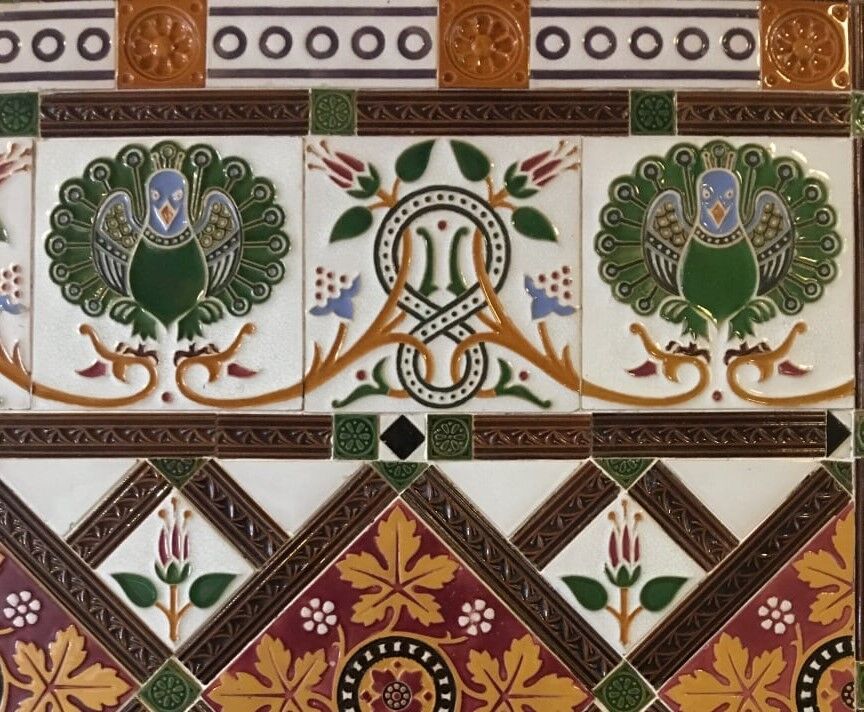
What did you think of the support available?
The teaching staff, Katriona and Tim, are exceptional and are always willing to go above and beyond for their students, whether it is academic assistance or personal advice. You cannot fault how much they care about each student’s personal wellbeing.
What has been your highlight at BCU?
A highlight for me was presenting on a group project for possible renewable and sustainable uses for the Royalty Cinema in Harborne, submitted for our ‘Project Design and Management’ module. We were then asked to present at BCU’s EARTH Summit, which we hope will be able to go forward again soon!
What advice would you give to those who want a future in church heritage?
I would recommend volunteering, either with a conservation-related trust or charity, such as the Churches Conservation Trust or National Churches Trust. Getting involved with the outreach of churches near you is also a great way to begin getting familiarised with church policy, and their day-to-day running and upkeep. There are many avenues of church heritage to explore, from stained glass conservation to the liturgical issues of re-orderings and getting a church to net-zero carbon, so find your niche and get involved and immersed!
Can you tell us about your current role or any projects that you are involved in?
As Assistant DAC Secretary, my role pertains to facilitating the operation of the Faculty Jurisdiction (Amendment) Rules 2019, via the Online Faculty System, and the coordination and consultation with DAC members and advisers on behalf of Archdeacons. I enjoy helping parishes with their applications, whether it’s a new roofing scheme or works of repair affecting historic material. It’s always great to see fantastic and well-designed projects coming in. At the Diocese, we’re working on an exciting conference regarding the conservation of churchyard monuments. I am also Secretary for the Staffordshire Historic Churches Trust, and we’re really looking forward to our future Ride and Stride scheme again and helping churches with their repair and restoration projects!
